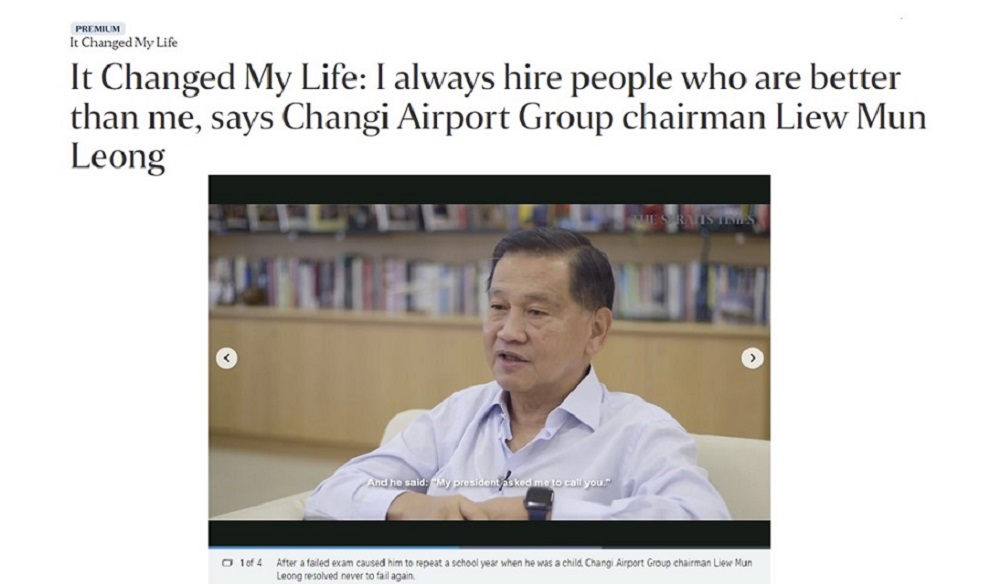China has refused to renew the press cards of several journalists working for US companies, a foreign media association said Monday, as Beijing kicks back against the treatment of its reporters in America.
The two superpowers have restricted reporter visas — with China expelling journalists — as tensions over everything from trade and tech, to Hong Kong and the coronavirus, sweep in the media.
China’s foreign ministry was no longer renewing press credentials for US media employees in the country, the Foreign Correspondents’ Club of China (FCCC) said in a statement on Monday.
At least five journalists at four media groups — including the Wall Street Journal, CNN and Bloomberg — had been denied new press cards, the FCCC said.
More are expected to receive similar treatment in coming weeks.
Foreign journalists are usually not allowed to work in China without valid press cards, which are also a requirement for gaining a residence permit.
Reporters are instead receiving letters that temporarily allow them to work using their expired press cards.
But the letters “could be revoked at any time, thus putting them at constant threat of expulsion,” the Club said in a statement.
The moves come after the US Homeland Security Department in May shortened the visa for Chinese journalists in the US — many of whom work for Chinese state-run media — to 90 days.
China’s foreign ministry spokesman Zhao Lijian on Monday denied that any unusual restrictions had been placed on the journalists.
The press cards “are currently being processed” he insisted, adding their “reporting and life in China will not be affected.”
But he criticised the treatment of Chinese journalists in the US, accusing Donald Trump’s administration of taking them “hostage to pressure China.”
Journalists have been a focus of souring relations between the two powers since the start of the year, with Trump’s administration accusing Beijing’s overseas press corps of being propagandists for the Communist Party.
Zhao warned China would take further action if the US did not extend visas for Chinese journalists as soon as possible.
The US embassy in Beijing did not immediately respond to AFP’s request for comment.
In February, China kicked out three journalists from The Wall Street Journal after the newspaper ran an opinion piece on the coronavirus crisis with a headline that Beijing deemed racist.
Weeks later, Washington curbed the number of Chinese nationals from state-run news outlets in the United States.
Beijing responded in March by expelling more than a dozen American journalists from the New York Times, the Washington Post and the Wall Street Journal.
– AFP






